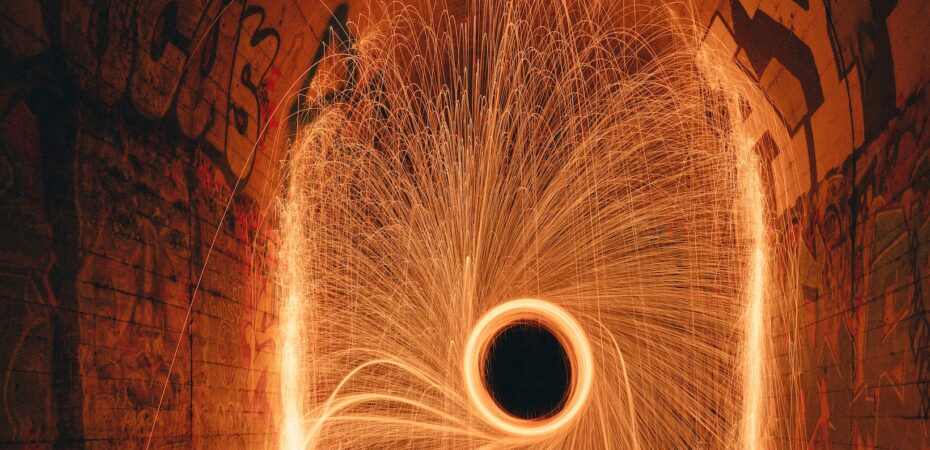What is the Strongest Element Fire, Water, Earth or Air
Everywhere I look, I see the four elements – fire, water, earth, and air – playing pivotal roles in our world. These elements have been at the heart of philosophy, science, and mythology since time immemorial. But here’s where things get interesting: which among them is the strongest? Exploring this question isn’t just a fun mental exercise; it also gives us deeper insights into how these fundamental forces shape our universe.
Let me set things straight right off the bat: there’s no definitive answer to this question because strength can be subjective depending on context and interpretation. For instance, water might seem most powerful when we consider its ability to erode mountains over time or its crucial role in sustaining life as we know it.
Yet in another scenario, fire, with its transformative power and destructive fury could be deemed stronger than water. Fire can consume forests in an instant and melt even the hardest metals.
But don’t forget about earth – solid, unwavering ground beneath our feet that withstands everything nature throws at it. Or consider air, without which life as we know it wouldn’t exist—it’s invisible yet omnipresent force that shapes weather patterns and enables flight.
So you see my conundrum? It’s not so straightforward to declare one element superior or stronger than others when each has such unique properties and holds immense power within specific contexts.

Understanding Elements: Fire, Water, Earth, Air
Let’s dive right into the topic at hand – understanding the elements. When we stop to consider fire, water, earth and air, it’s easy to sense a certain kind of magic about them. Historically seen as fundamental building blocks of life in cultures around the world from ancient Greece to Hinduism, these four elements continue to intrigue us.
Fire. It’s known for its destructive yet transformative nature. It can raze a forest but also pave the way for new growth. Symbolizing passion and energy in many cultures, it’s often associated with transformation and change. Water next on our list is seen as ever-flowing and adaptable. It takes shape of any container it fills symbolizing flexibility and adaptability. In many spiritual teachings around the world water represents purification, healing and restoration. Now let’s talk about Earth – firmness beneath your feet or that fertile soil nurturing plant life – there’s a solidity about this element which suggests stability and strength. Often connected with concepts such as motherhood or fertility due it’s nurturing properties.
And finally air – invisible yet undeniably powerful – think hurricanes or gusty winds that can uproot trees! Isn’t that something? Air embodies freedom because it moves freely across boundaries without restriction representing intellect and communication.
Each of these elements carries unique characteristics that make them strong in their own rights – whether it be transformative fire, adaptive water, stable earth or communicative air! So if you ask me what’s the strongest element among these four? Well I’d say they’re all pretty strong contenders depending on how you look at them.
The Power of Fire: Strengths and Weaknesses
Diving right into it, let’s talk about fire. It’s a force to be reckoned with, a tangible symbol of energy, passion, and transformation. Have you ever watched flames dance in a fireplace or light up the night at a campsite? If so, you’ve witnessed firsthand the mesmerizing allure and raw power that fire possesses.
Fire holds within it an incredible amount of strength. Its heat can melt metal, its light can guide us through darkness, and when used carefully and respectfully, it has been instrumental in human civilization’s progress. From cooking food to powering industries — fire’s impact is undeniable. Yet there are two sides to every coin.
- Strengths: High temperature capable of melting most substances
- Weaknesses: Vulnerable to water; needs oxygen to survive
Yes, fire does have its weaknesses which balance out its strengths. For starters: water is its arch-nemesis. A dousing of H2O will quench even the most stubborn flames in no time flat! Plus, remove oxygen from the equation and your fiery blaze will fizzle out fast.
Let’s not forget that fire is also unpredictable by nature – often hard to control once unleashed on any scale beyond our immediate grasp. This unpredictability can lead to devastating wildfires or home fires if safety precautions aren’t meticulously followed.
Yet despite these drawbacks, there’s no denying the sheer power that fire commands as one of Earth’s primary elements. It embodies both creation and destruction – bringing warmth on cold nights but also harboring potential for massive upheaval when left unchecked.
In conclusion (without actually using “in conclusion”), while we might debate endlessly about which element bears more ‘strength’, understanding each one in their full complexity offers valuable insight into how they shape our world-and beyond.


 By
By 





